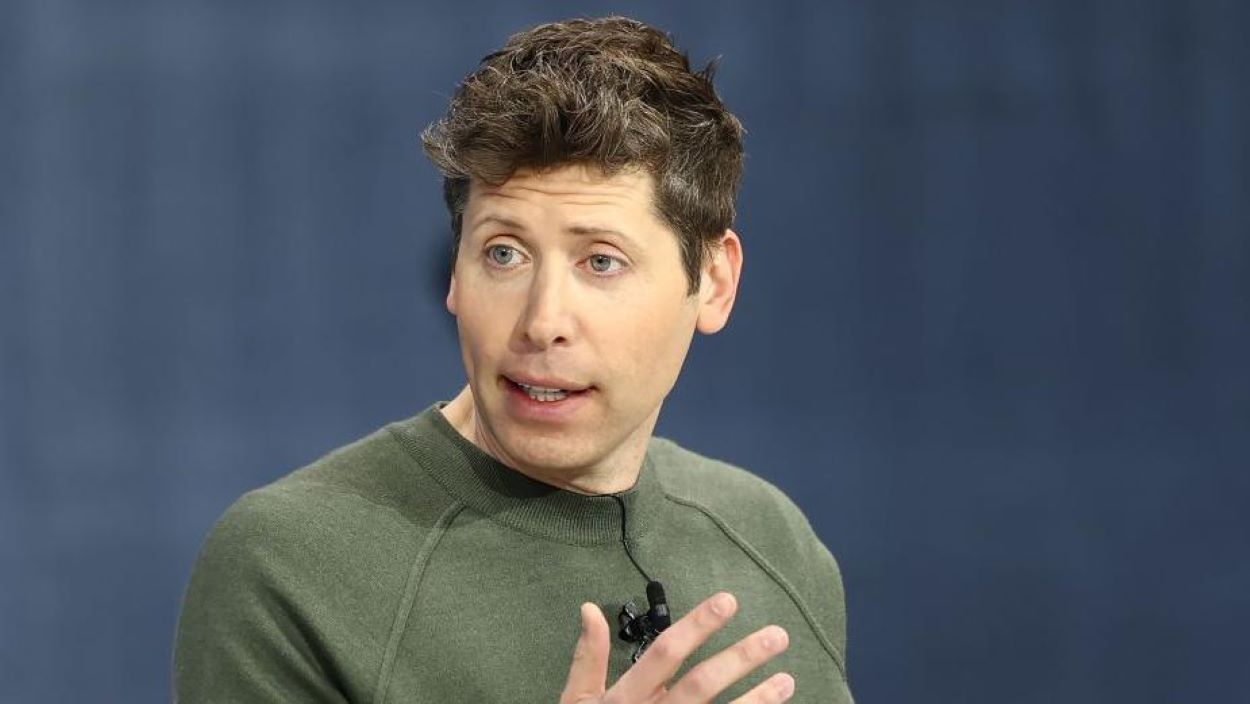OpenAI unveiled two open-weight language models, gpt-oss-120b and gpt-oss-20b, available for free download, use, and modification to democratise powerful AI tools, making them accessible beyond big tech firms.
In 2015, CEO Sam Altman stated that OpenAI’s mission is to ensure AGI benefits all of humanity. This release reflects OpenAI’s nonprofit origins and distinguishes itself from similar offerings by Meta and China’s DeepSeek.
Text-only models provide high performance at a low cost. They are particularly effective for tasks such as web searching and code execution. Users can operate them on local systems. OpenAI has made enhancements to these models to prevent misuse. Co-founder Greg Brockman stated, “This enables new research and products.” Collaborations with Orange and Snowflake demonstrate their practical applications.
gpt-oss is a big deal; it is a state-of-the-art open-weights reasoning model, with strong real-world performance comparable to o4-mini, that you can run locally on your own computer (or phone with the smaller size). We believe this is the best and most usable open model in the…
— Sam Altman (@sama) August 5, 2025OpenAI is facing increasing pressure to be more transparent. This new release presents a challenge to Meta’s open-source AI initiatives and DeepSeek’s affordable models. Altman expressed optimism by stating, “We are quite hopeful this will enable new kinds of research.” This shift comes in response to criticism regarding OpenAI’s transition to a for-profit model, which Altman addressed by reaffirming the organisation’s nonprofit status. Earlier in 2025, he acknowledged that he had been “on the wrong side of history” concerning transparency.
Read: OpenAI to Launch AI-Powered Browser to Challenge Google Chrome’s Dominance
Founded in 2015, OpenAI’s goal has been the safe development of artificial general intelligence (AGI). Recent developments, such as abandoning the plan to transition to a for-profit model amidst lawsuits from Elon Musk, highlight the ongoing debates surrounding the organisation.
The safety features of their models and the provision of free access promote ethical uses of AI. OpenAI’s releases enhance accessibility to AI technologies, encouraging innovation. This approach has the potential to reshape the industry by empowering developers around the world.






